SUMMARY
This is AI generated summarization, which may have errors. For context, always refer to the full article.
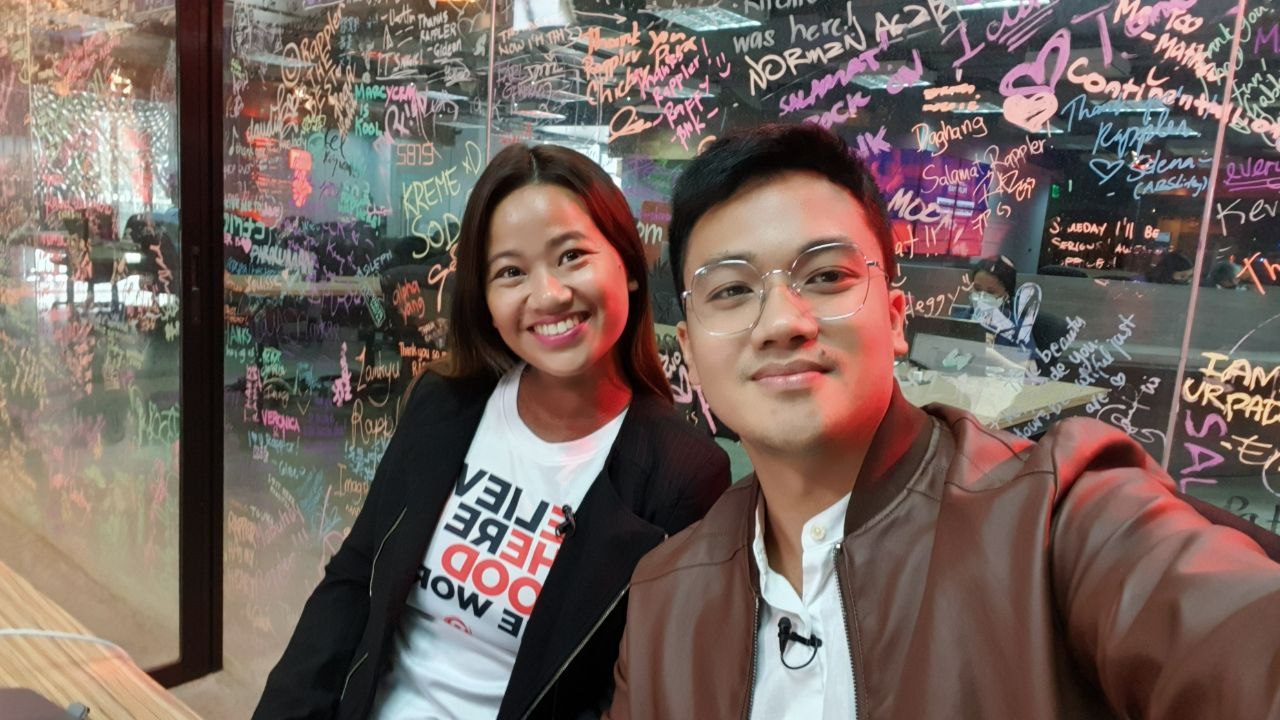
For the past two years, I’ve been managing Rappler+ remotely from Sydney where I’m currently based. Here, I work in the arts sector as an actor and most recently as a playwright. During this pandemic season, I only managed to make one trip back home and that was for the elections. The newsroom was buzzing after months of working in isolation. The energy was vibrant and anxiety was through the roof (#electionanxiety was the top trending topic on Twitter the morning of the election). Park your feelings, there is work to be done, said Executive Editor Glenda Gloria.
Hello again, my name is Happy Feraren and it is with a heavy heart that I announce today as my last day with Rappler+. I said my last goodbyes to the management team Wednesday morning where I was asked how I was doing. I responded in jest and said that I think I have too many feelings to be in journalism. Feelings that perhaps constitute the line between arts and journalism – how you express them, control them, and compose yourself when in the act of sensemaking.

But what connects artists and journalists is the love for story. One verifies, archives, and tells. The other absorbs, performs, and shows. Both have the capacity to move people and both are also tools for propaganda – available to anyone who deems herself a storyteller.
Dissecting the grand narrative of power
From the Bangui windmills to more recently, the movie Maid in Malacañang, the grand narrative of greatness is one that has captured the hearts and minds of many Filipinos.
It is a well-crafted unified narrative that is reinforced through time with monumental edifices that literally concretize these ideas of grandness in our physical world and newer iterations of the same message on social media and film. In the #FactsFirstPH briefing of researchers Daphne Canlas and Ivy Claudio from the Department of Broadcast Communications UP Diliman, they discussed the meaning of “grand narrative” as defined by French philosopher Jean-François Lyotard. It is, essentially, a story that is “seldom challenged, and makes a claim to a universal truth. In turn, denying a diversity of views in order to maintain the status quo.” A grand narrative “helps individuals organize their knowledge of history and by doing so imposes an ideology of absolutes and sameness.”
In short, what this obsession with mythmaking tells me is that stories, regardless of the number of loopholes and falsehoods, are powerful. So much so that authoritarians around the world invest a lot of money to create their own grand narratives and reinforce this message in various ways.
Telling smaller stories of hope, courage, and freedom
For every broad stroke and grand proclamation, there exists numerous micro narratives or smaller stories that we can draw strength from. In the same briefing, Daphne Canlas cites the example of grand gender identity narratives that have been questioned through the years.
The belief that you can only identify as either male or female was challenged creatively by the LGBTQ community. The use of the rainbow as a symbol to depict the concept of a spectrum of gender identities shifted the discourse. The community repurposed words (like pronouns) to assert their rightful place in the world. Through creativity, humans are able to shift meanings and break imposing myopic views. Smaller stories that exist in the margins and the fringes of society can become mainstream and can be used as a tool to shift power and give voice. The “Tallano gold” myth, after all, was one that started in the fringes and was believed by enough people to propel the Marcos family back into power, absolving them of any accountability to their ill-gotten wealth.
What are other stories we can find in the fringes that can give us a sense of hope, courage, and freedom?
Crossing over to the arts
With all my parked feelings and reflections, I bid farewell to the newsroom and move to theater. As grand narratives continue to divide, where can we find the smaller stories that will help us uncover our shared reality? How do we continue to tell these stories that help us remember and remind us of our power?
As I search for answers (and an outlet for all these feelings!) I look back with an overwhelming sense of gratitude to all my colleagues in Rappler who continue to search for stories that inspire courage every single day. And to the community that Rappler has built, you, our members, thank you for showing up and for telling these stories with us. In the words of comedian Hannah Gadsby: “Laughter is not our medicine. Stories hold our cure. Laughter is just the honey that sweetens the bitter medicine.”
Add a comment
How does this make you feel?

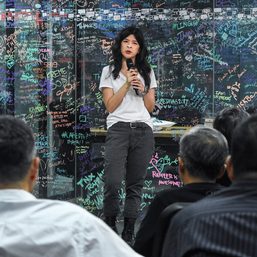

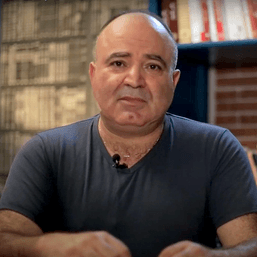
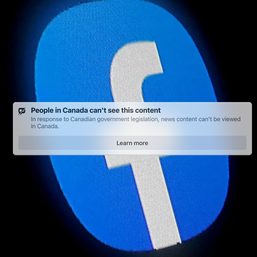

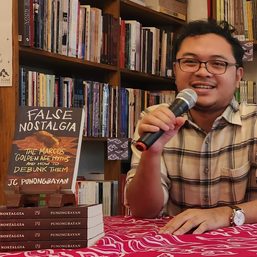
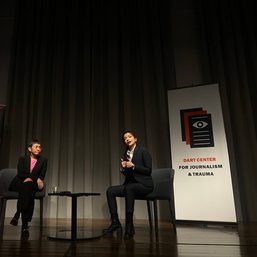
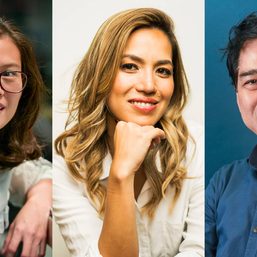
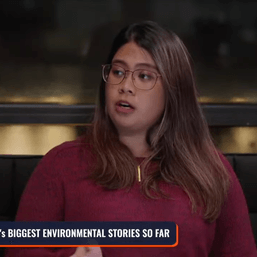
There are no comments yet. Add your comment to start the conversation.